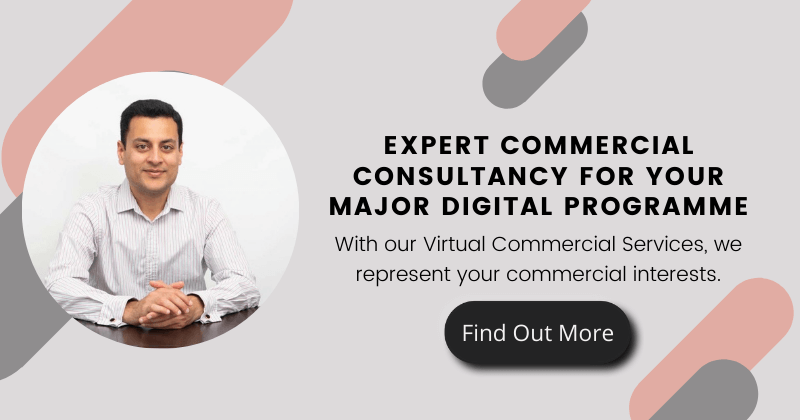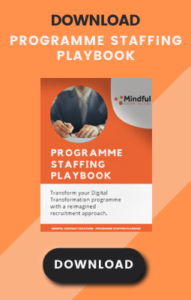Procurements can delay all activities of a programme, and with this being essential before a project can start, it is often vital to take shortcuts. Many organisations take control of the procurement process by time-boxing it. This means, giving specific deadlines for the completion of it, rather than letting it take the time a sound procurement would.
We intrinsically believe that taking shortcuts is wrong. However, by taking the right shortcuts, businesses can improve the efficiency of programmes while ensuring quality remains intact.
In this blog post, we will explore five specific shortcuts you could take during the procurement process – without affecting the quality of the programme.
5 Procurement Shortcuts
Here are 5 shortcuts you could take during the procurement process.
1) Written Procurement Feedback
It is often the case that suppliers who have lost on a procurement will want to organise a meeting to discuss the outcome. However, multiple people are involved in decision making and it can be difficult to organise such a meeting.
Your team might be focused on contracting activity soon after the procurement. Therefore, it can be more effective to provide feedback in writing, both for business purposes and for the supplier.
The supplier then has the information in writing. This can help improve future proposals, and time can be saved throughout the programme.
2) Programme Administrative Resources
Although Commercial functions can handle billions of pounds of spend, their budget allocations aren’t great. This is because the Commercial department is a cost centre. Programmes will usually have high budgets, which means that they can afford to have a strong back-office support team.
An effective way to save time is to use the programme management office to deal with any administrative needs within Commercial. This can free up time to focus on the management of supplier relationships and outcomes, rather than spending time on time-consuming tasks.
The procurement profession needs a facelift. Head over to our article, 4 Ways to Change the Perception of the Procurement Profession.
3) Introduce a Procurement Checklist
An important aspect of dealing with software contracts is the supplier terms and conditions which needs to be reviewed. With software suppliers often based across the world, there is usually a lack of uniformity when it comes to terms and conditions. This can make them complex and time-consuming to deal with.
A good way to save time is to incorporate a checklist into your approach. You can then check off the items, you are interested in. This includes indemnity provisions, termination notice lengths and price restraints, etc. This approach allows procurement managers to undertake more contract reviews in a shorter period.
4) Reduce Analysis Work
The way the process works is that suppliers tender their proposal. The assessment panel will then review the proposal and make a shortlist of suitable suppliers. The next stage is a presentation, followed by further analysis and a final selection.
One way to reduce time is to eliminate one stage of the analysis process and make sure every supplier who submits a proposal will also present the information. Instead of being event-based, the supplier meetings can then be planned early.
How can you select the right route-to-market? Head over to our article, How to select a Route-to-Market – Government Procurement Guide to find out.
5) Limit Responses
When asking suppliers to respond to your requirements, it is more time-efficient to have a template or make sure their responses are limited in the word count. A common supplier tactic is to then use images with text on them. Make sure, you cover yourself on that front.
What’s Next?
These seemingly small shortcuts can save precious time in the process. With any shortcut, it is important to communicate them, and not carry them out to the detriment of any aspect of the programme.
If you undertake shortcuts to improve efficiency rather than reducing it, they will have positive effects on the programme.
It is, however, important to be judicious in how you use shortcuts. There is a thin line between being right and ending up with a commercial dispute that ends up in courts.
At Mindful, we provide Commercial consultancy that is supportive of our client’s major programme objectives.
With our Virtual Commercial Services, we offer a cost-effective option wherein we pair up with your organisation’s designated Commercial Manager to transform your commercial service to programmes from good to great.



